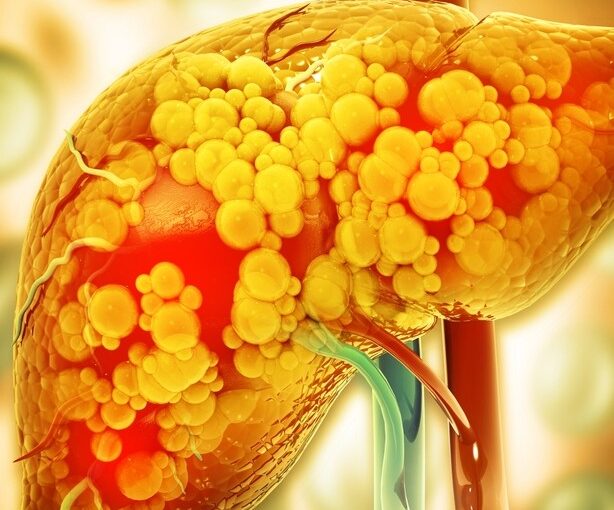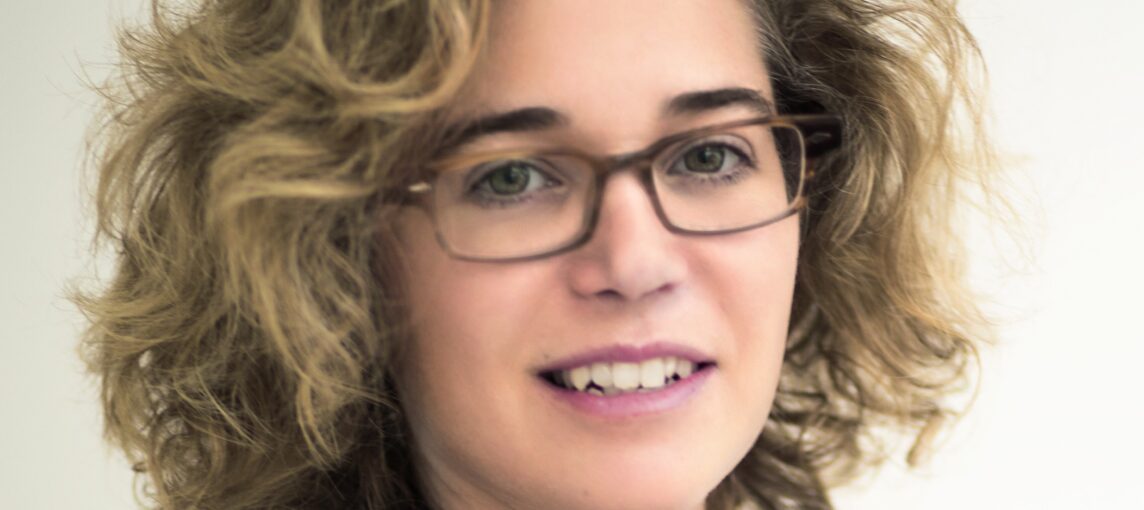
Only Clinic North of Tel Aviv for BRCA Gene Carriers Opens at Rambam
A new women’s clinic has opened at Rambam, providing BRCA1/2 carriers with access to specialists and comprehensive follow-up – all under one roof. The clinic meets a critical need as it is the only such facility north of Tel Aviv.
Breast cancer is the most common malignancy in Israel and the Western world. Women with the BRCA1 or BRCA2 gene are tens of times more likely to develop breast, ovarian and other cancers. To date, women residing in the north had to travel to Tel Aviv for comprehensive consultations and follow-up for their specific BRCA1/2 related problems. However, a new clinic has opened at Rambam Health Care Campus, providing access to medical specialists, geneticists and a comprehensive follow-up, all under one roof.
Most people have a limited understanding about genes and genetics, but the BRCA1/2 gene is an exception, particularly since Angelina Jolie’s highly publicized mastectomy. As a BRCA1/2 gene carrier, she was at high risk for breast cancer. A group of major hereditary genetic mutations (one in the BRCA1 gene and one in the BRCA2 gene) increases the incidence of breast cancer. In fact, there has been much debate regarding how to reduce the risk of disease and prevent mastectomies among BRCA1/2 carriers. Today, BRCA gene carriers have many possibilities.
Last Thursday, July 5, 2018, Rambam inaugurated a new clinic dedicated to BRCA gene carriers, providing a comprehensive response for women in the north of Israel (future plans will include male carriers as well). This is the first and only clinic of its kind north of Tel Aviv. “There is a relatively high incidence of inherited mutations associated with different genes in the Israeli population, and this may increase the risk of various types of cancer,” explains Assistant Professor Elisabeth Half, Director of the new BRCA Women’s Clinic and an expert in internal medicine and gastroenterology. “Several genes have been found to correspond with a significantly higher risk of breast cancer in women and men, and ovarian cancer in women, but the main genes are BRCA1 and BRCA2. Within the Ashkenazi population, the risk is higher, with 2.5% of the population – one out of every 40 men and women – carrying common mutations in these genes.”
The new clinic is staffed by a multi-disciplinary team of specialists, so as to provide a response to high-risk populations carrying genetic mutations. The clinic provides all the tests (gynecology, surgery, genetics, and imaging) necessary for monitoring under one roof, during a day of intensive testing once every six months, or once every three months during pregnancy. The staff accompanies the gene carriers throughout the complex decision-making process regarding surgical solutions, infertility or fertility preservation, menopause, etc. Serving as a one-stop clinic, patients will be able to have all testing, follow-up appointments, and related services performed at our location, improving the overall effectiveness of their care and follow-up.
“Follow-up and treatment of genetic mutation carriers require professional expertise and proficiencies unique to this field”, explains Dr. Aviad Hoffman, Director of the Breast Cancer Unit at Rambam and an expert in general and oncological surgery. “We know that carriers have a 50%–80% higher risk of developing breast cancer (depending on the mutation) and a 40%–50% higher risk of developing ovarian cancer during their lifetime. We are talking about very high risks. However, with the help of a structured follow-up and prevention program, it is now possible to reduce the risk of contracting ovarian cancer by about 90%. We are reaching out to women identified as carriers to come to our clinic and take responsibility for their future.”



